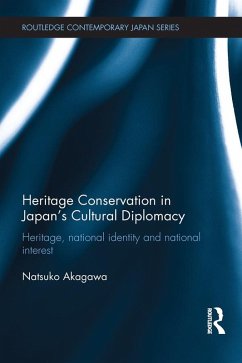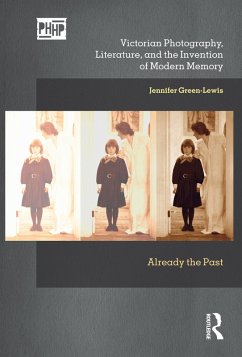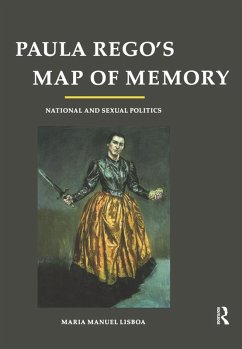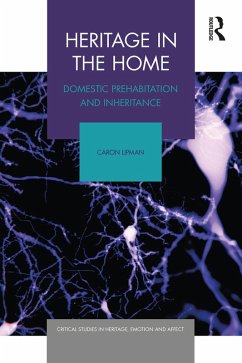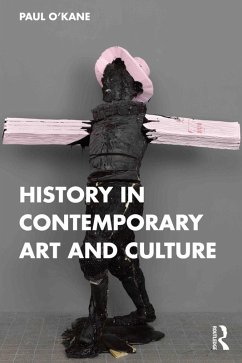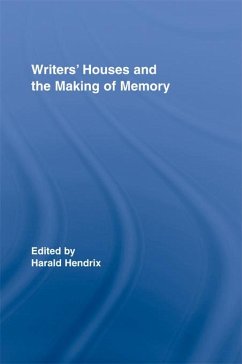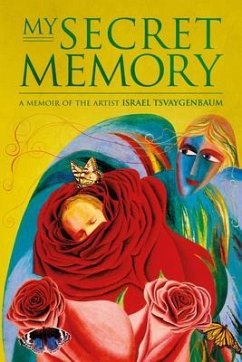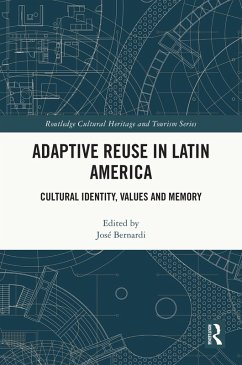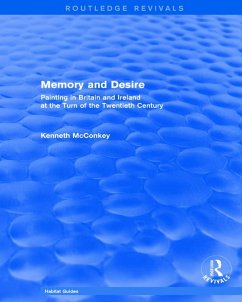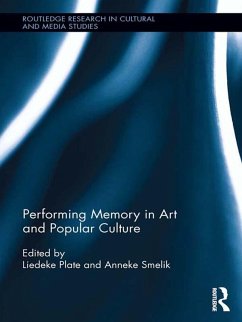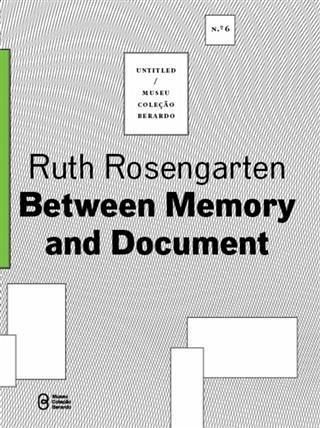
Between Memory and Document (eBook, ePUB)
Sofort per Download lieferbar
8,95 €
inkl. MwSt.

PAYBACK Punkte
4 °P sammeln!
If modernism erased the notion of memory from artistic practice, converting its significance into a register of pure visuality, artists in the decades following World War II, and continuing to the present day, have endeavoured to revive this dimension, employing the most diverse forms and procedures. With the collapse in value of the grand narratives that previously gave specific order to the facts and data constituting 'knowledge,' the notion of the archive - a notion that, paradoxically, evolved more in the modern world than at any other time - has played an increasingly significant role. Th...
If modernism erased the notion of memory from artistic practice, converting its significance into a register of pure visuality, artists in the decades following World War II, and continuing to the present day, have endeavoured to revive this dimension, employing the most diverse forms and procedures. With the collapse in value of the grand narratives that previously gave specific order to the facts and data constituting 'knowledge,' the notion of the archive - a notion that, paradoxically, evolved more in the modern world than at any other time - has played an increasingly significant role. The archive is the privileged form granted to the accumulation and objective organisation of historic knowledge, and indeed even personal memory. Such archival objectivity is not, however, neutral. It bears the repository of a system of organisation of records and documents by a state, by diverse institutions, by a collection, a discipline, or simply by an individual subjectivity. Artistic practices of the past fifty years have explored the notion of the archive in such as way as to re-examine its meanings, and underlying concepts and concerns, as well as the power over memory that emerges from such explorations. Based on an examination of works selected from the Museu Coleção Berardo, Ruth Rosengarten's essay traces the complex trajectories of the problems these works raise in relation to the potentialities of those artistic practices wishing to reclaim individual historical memory as testimony: a bulwark against forgetfulness. Pedro Lapa Artistic Director, Museu Coleção Berardo
Dieser Download kann aus rechtlichen Gründen nur mit Rechnungsadresse in A, B, BG, CY, CZ, D, DK, EW, E, FIN, F, GR, HR, H, IRL, I, LT, L, LR, M, NL, PL, P, R, S, SLO, SK ausgeliefert werden.




